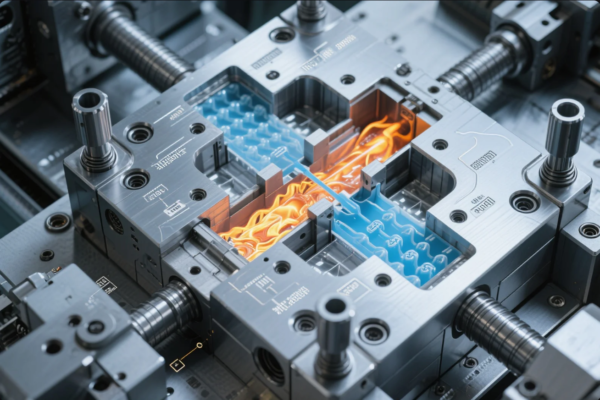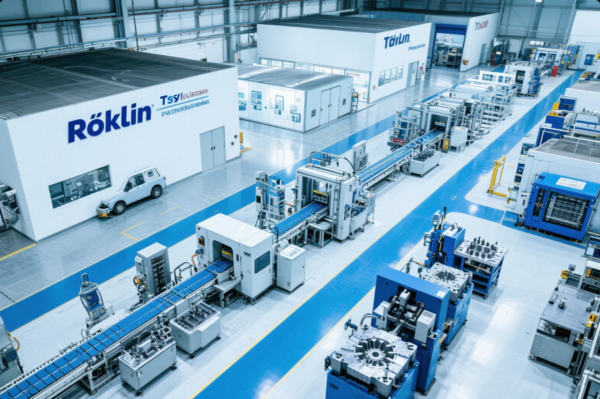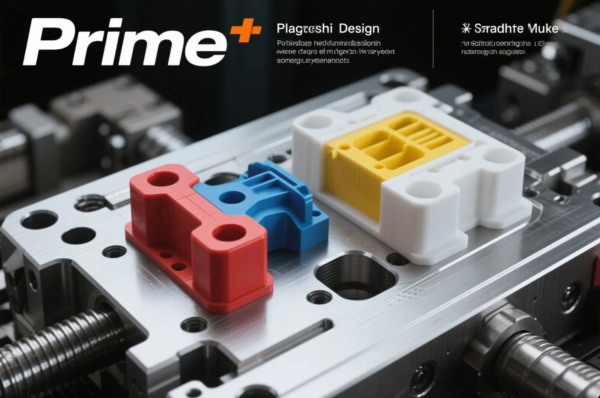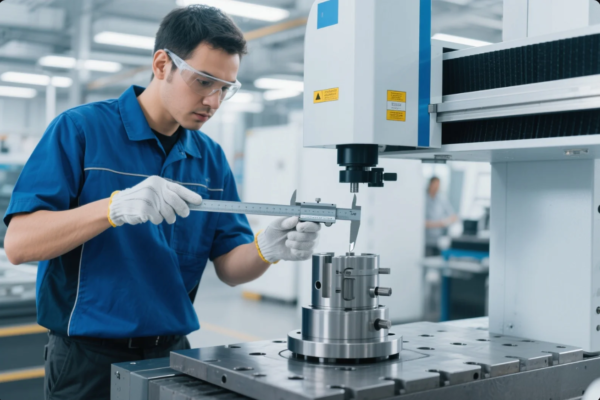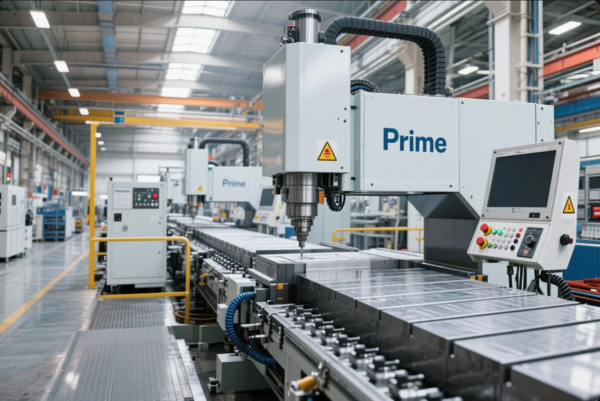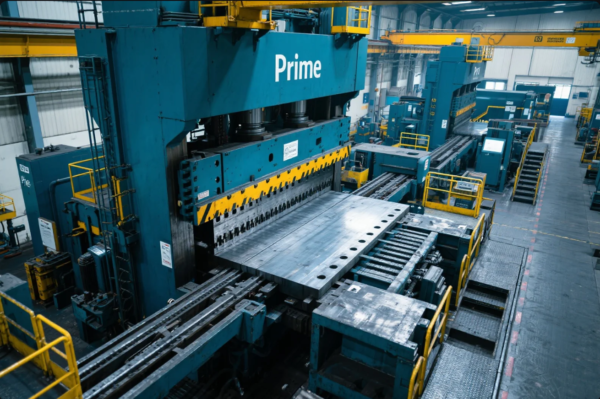What is the Best Metal for Forging?
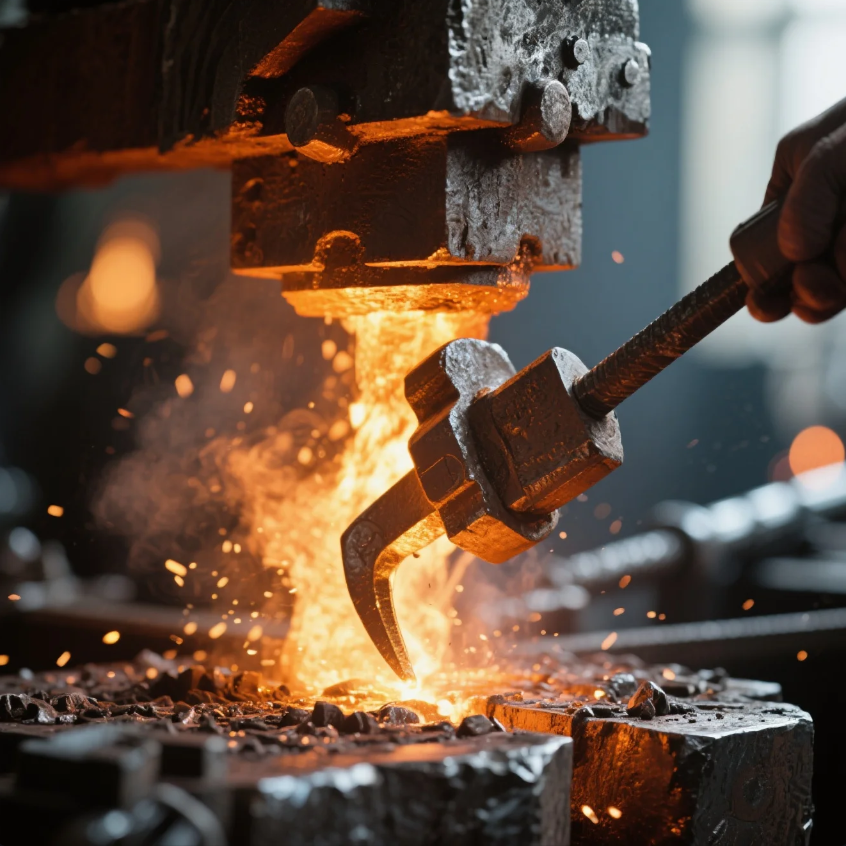
Choosing the right metal for forging is crucial for ensuring durability and strength in the final product. Many industries rely on forging to create high-performance components, but not all metals are suitable for the process. Whether you're forging parts for industrial applications or crafting tools, understanding which metals are best suited for forging will help you make the right choice.
Snippet paragraph: The best metals for forging include steel, titanium, and aluminum, each offering unique advantages in different applications.
In this article, we’ll cover what makes a metal ideal for forging and highlight some key choices.
Which Metal Cannot Be Forged?
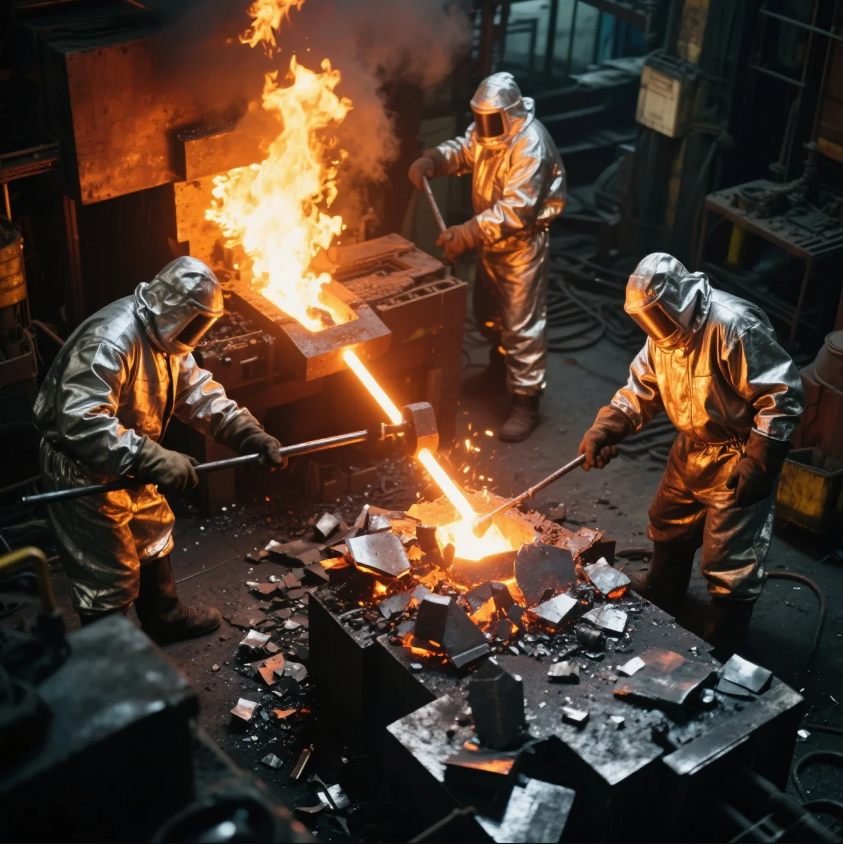
Some metals simply cannot be forged due to their inherent properties. The inability to withstand the pressure and heat required for forging is often due to brittleness, lack of ductility, or poor malleability.
Metals That Cannot Be Forged:
- Cast Iron: Cast iron is too brittle and lacks the flexibility needed for forging. It can break or crack under the pressure.
- Lead: Lead is too soft and malleable, meaning it can’t handle the shaping forces involved in forging.
- Beryllium: This metal is not only brittle but also highly toxic, making it unsuitable for forging.
These metals tend to be better suited for casting or other manufacturing processes rather than forging.
What Metal is Easiest to Forge?
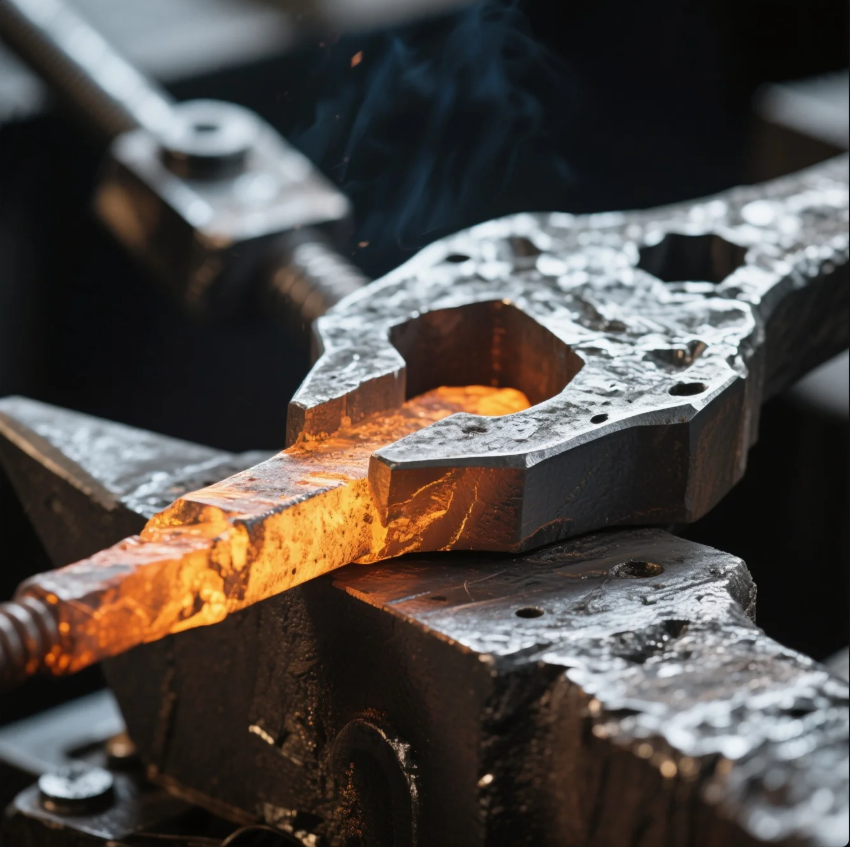
When it comes to ease of forging, mild steel stands out as one of the best options. Mild steel is highly malleable, which makes it easier to shape under heat and pressure. It's commonly used for producing a variety of industrial parts and tools.
Why Mild Steel is Easy to Forge:
- Ductility: It has good ductility, meaning it can be stretched and shaped without cracking.
- Low Carbon Content: Its low carbon content makes it less prone to cracking or hardening, which allows for easier manipulation.
- Affordable and Available: Mild steel is widely available and cost-effective for forging large parts.
This combination of factors makes mild steel an ideal material for those new to forging or when creating large-scale industrial parts.
What is the Best Material for Hot Forging?
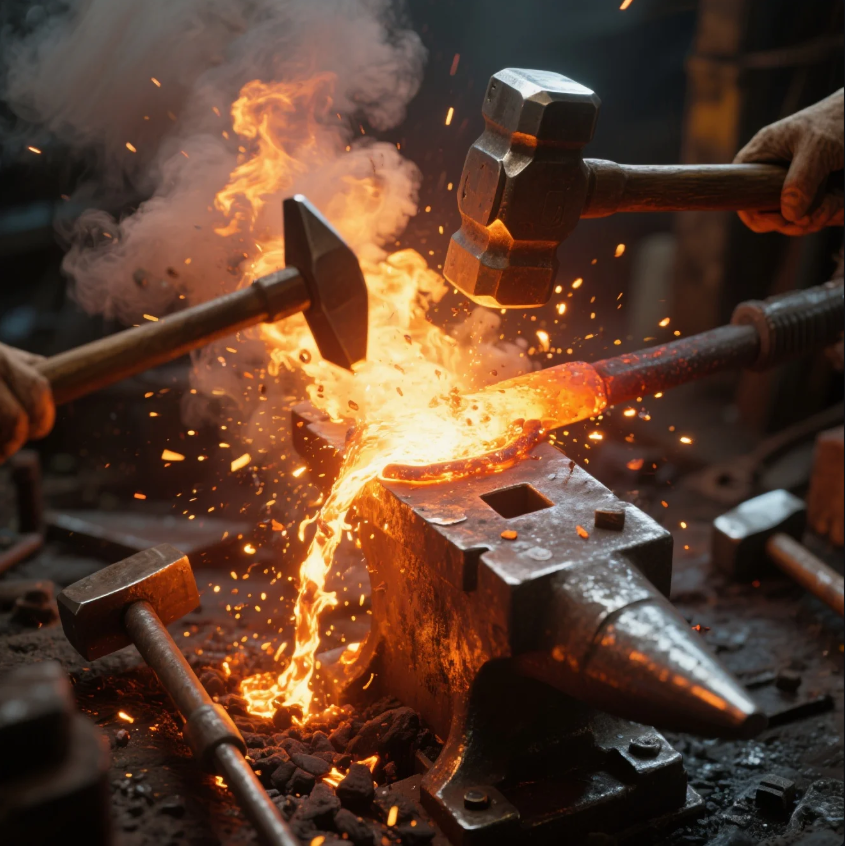
For hot forging, metals that can withstand high temperatures without losing strength are essential. The best material for hot forging depends on the application, but carbon steel and alloy steel are among the top choices for their ability to retain strength even under extreme heat.
Ideal Materials for Hot Forging:
- Carbon Steel: Carbon steel is one of the most common materials for hot forging due to its versatility, strength, and relatively low cost. It works well at high temperatures and retains strength, making it perfect for industrial applications.
- Alloy Steel: Alloy steels contain elements like chromium, molybdenum, and nickel, which improve their heat resistance and strength. These steels are ideal for forging high-strength parts, such as gears and axles.
The right choice depends on the specific application and the required properties of the final product. Both carbon and alloy steels provide the strength and durability needed for high-performance forged parts.
What is the Best Steel for a Beginner Bladesmith?
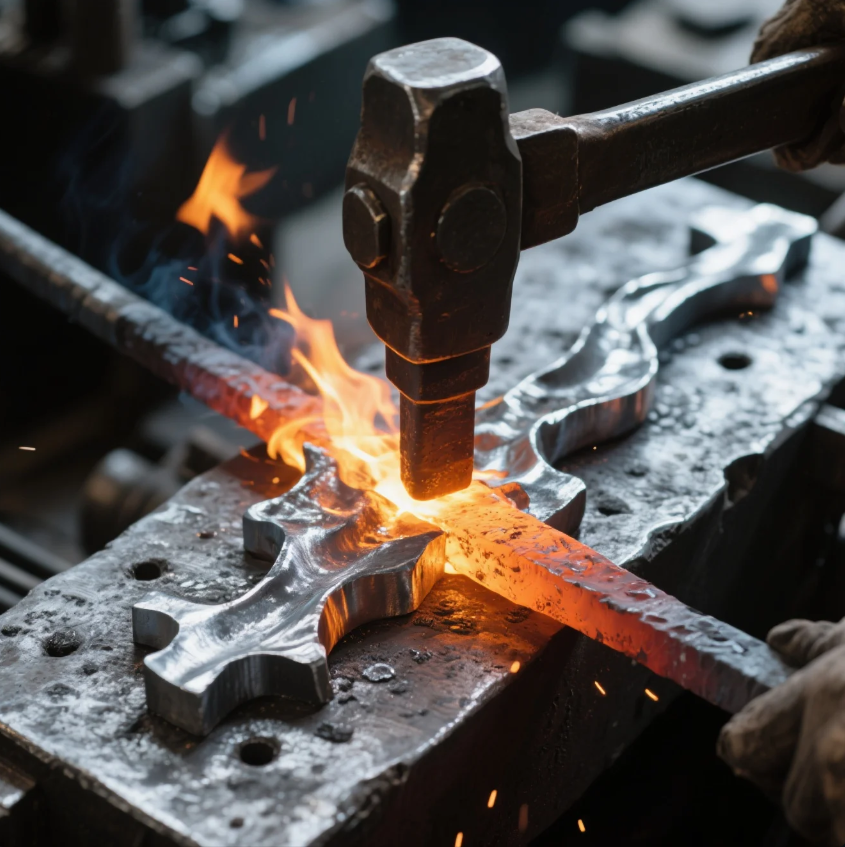
For a beginner bladesmith, 1095 high-carbon steel is widely regarded as one of the best choices. This steel is relatively easy to forge and has good edge retention once properly heat-treated, making it a popular choice for knives and other cutting tools.
Why 1095 Steel is Great for Beginners:
- Ease of Forging: 1095 steel is malleable and easy to shape, even for beginners.
- Hardness: After proper heat treatment, it can achieve a high level of hardness, ideal for sharp edges.
- Affordability: 1095 steel is cost-effective and readily available for blacksmithing.
Other steels, like 5160 (for durability) or 1084 (for easier forging), are also good choices for bladesmithing, but 1095 is the go-to option for many newcomers due to its balance of ease and performance.
Conclusion
The best metal for forging depends on your specific needs and applications. For general use, mild steel and carbon steel are great choices due to their ease of use and versatility. For hot forging, alloy steels are ideal for high-performance parts. And for beginners in bladesmithing, 1095 steel provides a perfect balance of ease of forging and sharpness retention. If you’re looking for high-quality forged parts, Prime offers expert services and high-performance metals for all your forging needs.

